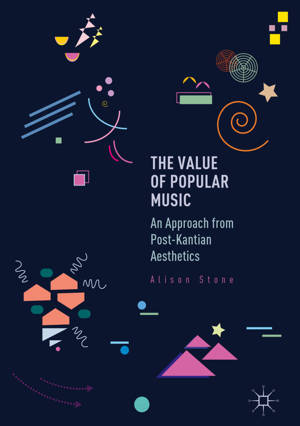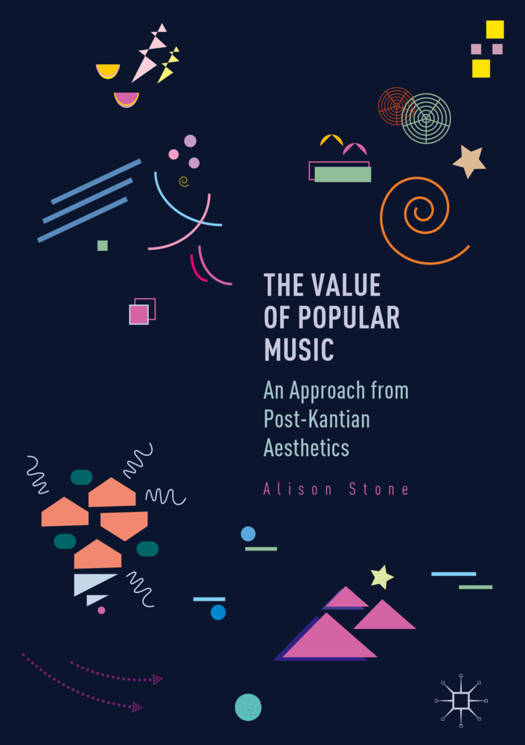
- Afhalen na 1 uur in een winkel met voorraad
- Gratis thuislevering in België vanaf € 30
- Ruim aanbod met 7 miljoen producten
- Afhalen na 1 uur in een winkel met voorraad
- Gratis thuislevering in België vanaf € 30
- Ruim aanbod met 7 miljoen producten
Zoeken
€ 68,95
+ 137 punten
Omschrijving
In this book, Alison Stone argues that popular music since rock-'n'-roll is a unified form of music which has positive value. That value is that popular music affirms the importance of materiality and the body, challenging the long-standing Western elevation of the intellect above all things corporeal. Stone also argues that popular music's stress on materiality gives it aesthetic value, drawing on ideas from the post-Kantian tradition in aesthetics by Hegel, Adorno, and others. She shows that popular music gives importance to materiality in its typical structure: in how music of this type handles the relations between matter and form, the relations between sounds and words, and in how it deals with rhythm, meaning, and emotional expression. Extensive use is made of musical examples from a wide range of popular music genres. This book is distinctive in that it defends popular music on philosophical grounds, particularly informed by the continental tradition in philosophy.
Specificaties
Betrokkenen
- Auteur(s):
- Uitgeverij:
Inhoud
- Aantal bladzijden:
- 294
- Taal:
- Engels
Eigenschappen
- Productcode (EAN):
- 9783319835396
- Verschijningsdatum:
- 12/07/2018
- Uitvoering:
- Paperback
- Formaat:
- Trade paperback (VS)
- Afmetingen:
- 156 mm x 234 mm
- Gewicht:
- 467 g

Alleen bij Standaard Boekhandel
+ 137 punten op je klantenkaart van Standaard Boekhandel
Beoordelingen
We publiceren alleen reviews die voldoen aan de voorwaarden voor reviews. Bekijk onze voorwaarden voor reviews.







